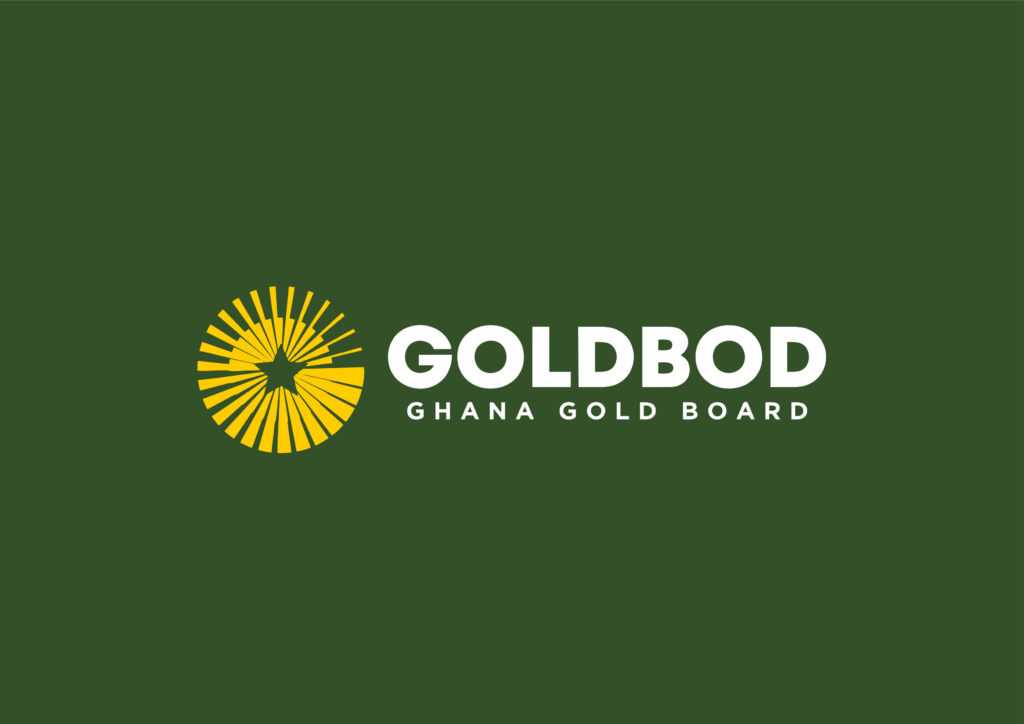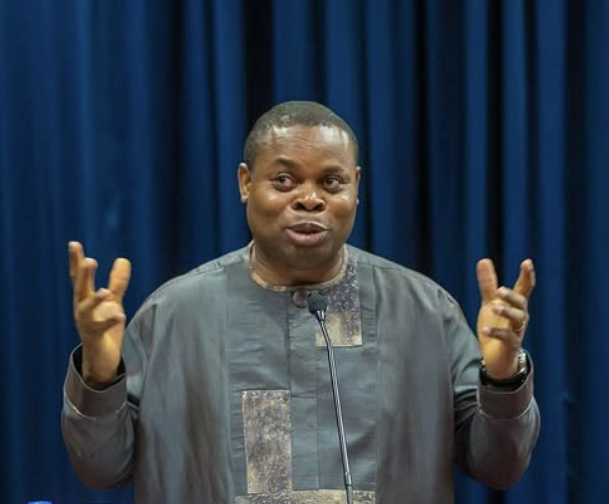Mr. Sammy Adu Gyamfi, the Chief Executive Officer of the Ghana Gold Board (GoldBod) has announced far-reaching reforms aimed at transforming Ghana’s gold industry, placing a strong emphasis on regulation, transparency, and sustainable development.
Speaking at the “Mining in Motion” Summit held at the Kempinski Hotel in Accra, the CEO commended President Mahama for his vision in establishing GoldBod to regulate and formalize gold trading in the country.
“Ghana may be Africa’s top gold producer, but for too long, we’ve been like a butcher starved of protein,” the CEO remarked, highlighting the paradox of wealth without broad-based benefit.
He attributed this to a previously fragmented and poorly regulated sector that enabled smuggling and undermined national revenue.
Since its establishment, GoldBod has introduced stricter regulatory controls, intensified the fight against gold smuggling, and implemented effective gold aggregation systems nationwide. The impact has been immediate and significant.
Between February and May 2025, GoldBod purchased and exported artisanal and small-scale mining (ASM) gold worth approximately GH¢40 billion (US$4 billion). For the first time in Ghana’s history, ASM gold exports have overtaken those from large-scale mining firms.
From January to May 2025, 41.5 tonnes of ASM gold were exported. In May alone, GoldBod recorded 11 tonnes valued at US$1.172 billion, boosting Ghana’s foreign exchange reserves and improving living standards in mining communities.
“Artisanal miners are not enemies of progress,” the CEO said. “With training and support, they can become true allies of national development.”
To further professionalize the sector, GoldBod, together with the Ministry of Lands and Natural Resources will begin training artisanal miners in modern recovery techniques starting September 2025.
All actors in the gold trading value chain, including aggregators, refiners, smelters, and exporters are now required to obtain licenses and comply with strict anti-money laundering and anti-terrorism financing regulations.
While international investors are welcome to partner with local licensees or apply for licenses to operate refineries and jewelry manufacturing hubs, foreigners are prohibited from directly purchasing gold on the local market.
A portion of GoldBod’s surplus revenue will be reinvested in mining communities through sustainable development initiatives. Programs such as “Blue Water” and “Tree for Life” will focus on land reclamation, environmental protection, education, healthcare, and social infrastructure.
On enforcement, the CEO was unequivocal: illegal gold trading and smuggling will no longer be tolerated. A permanent anti-smuggling task force will soon be launched in collaboration with the National Security Secretariat.
Looking ahead, GoldBod aims to transition from exporting raw dore gold to bullion exports by collaborating with local refineries to achieve LBMA accreditation. Plans are also underway to establish an ISO-certified, LBMA-compliant assay laboratory by 2026, which will ensure accurate gold testing and boost investor confidence.
The CEO reaffirmed GoldBod’s commitment to building a “Gold Village” that will position Ghana as Africa’s hub for gold jewelry production. Geological research investments will further support sustainable and responsible mining.
He called for international collaboration, urging institutions such as the London Bullion Market Association (LBMA) and the World Gold Council to join Ghana in advancing responsible sourcing and supply chain traceability.
“Ghana is ready, GoldBod is prepared. Together, we can uplift our communities while safeguarding our environment,” he added.




